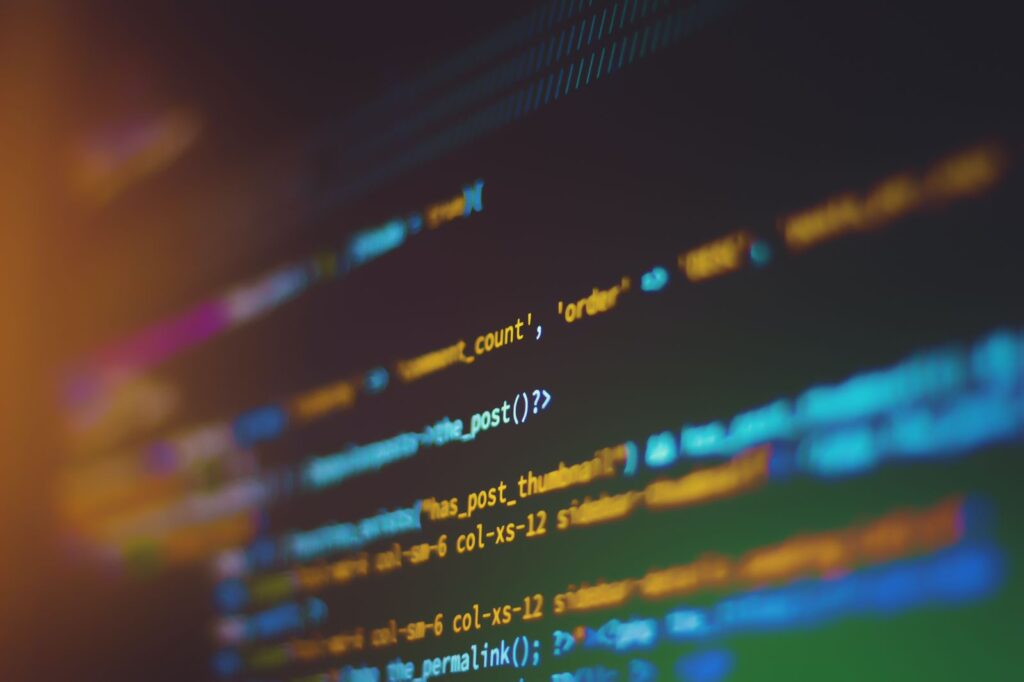The emergence of Artificial Intelligence (AI) in our world brings with it fears and hopes. While it is true that many jobs could be displaced, the real revolution lies in the creation of new jobs specialized in this technology. According to a recent BBC article, there are already six emerging job profiles in the world of AI that are worth noting.[1].
¿ What are the new jobs created by AI?
By: Gabriel E. Levy B.
It is imperative to understand that AI is not just a technical tool; it is a phenomenon that spans multiple disciplines. From law to philology, from ethics to programming, AI requires a holistic approach.
This emerging job landscape in the realm of AI shows that, although certain jobs may disappear, others that are more specialized and have a profound impact on our society are emerging. The AI revolution is, in essence, an opportunity to reinvent the job market and to prepare ourselves for a future where technology and humanity coexist in synergy.
Jobs at greater risk
There are jobs that, due to their repetitive or systematic nature, are at greater risk of being overtaken by the unmatched efficiency of machines.
Firstly, jobs in the manufacturing industry, especially those related to assembly lines and repetitive tasks, are at the forefront. Machines can not only perform these tasks faster but also eliminate human error, resulting in more consistent and efficient production.
The financial sector, particularly roles such as data analysts, also faces a significant threat. AI’s ability to analyze large data sets in fractions of a second makes it an invaluable tool for predicting market trends and making financial decisions, surpassing humans in speed and accuracy.
Moreover, jobs related to customer service, like call center operators, could be replaced by chatbots and automated response systems, capable of handling multiple inquiries simultaneously and providing accurate responses without emotional wear and tear.
Professions based on routine and predictable tasks, like cashiers and transport drivers, also face challenges, given the emergence of advanced automatic cash machines and autonomous vehicles.
Emerging New Jobs
The technological revolution and the rise of Artificial Intelligence (AI) have sparked an intense debate about the future of the job market. While it’s undeniable that certain jobs face the risk of disappearing due to the efficiency of machines, this landscape also paves the way for new professions and uncharted fields. Just as the Industrial Revolution transformed work in its time, the digital age promises profound change, where adaptation and reinvention will be key.
Therefore, while some roles are declining, many others, previously unimaginable, are emerging on the horizon.
Prompt Engineer: We’ve all struggled with communication without the right context. Just as in those situations, AI needs clear instructions to operate efficiently. This is where the prompt engineer steps in, responsible for designing requests or premises for AI tools. Their work ensures that these tools understand and respond properly to our needs.
AI Researcher: A professional who is constantly looking at how AI can overcome organizational challenges. Their mission goes beyond simply understanding data; it involves coming up with innovative ideas that data scientists will then implement. Soft skills, such as adaptability and critical thinking, become just as essential as technical skills in their role.
Expert in Natural Language Processing: Behind every automated response or online translation is a language expert. Their task is to make machines understand and process human language. This doesn’t limit itself to linguistics: areas like philosophy and psychology also play a role in this field.
Robotic Process Automation (RPA) Expert: Automating repetitive tasks is essential for many companies, and RPA is the perfect tool. Here, the focus isn’t just on efficiency but also on accuracy and eliminating human errors. Leading companies, like Microsoft, have already associated RPA with significant productivity boosts.
Algorithm Auditor: In a world where discrimination and bias can be subtly encoded, these professionals ensure fairness. They make sure that AI systems are transparent and don’t inadvertently perpetuate prejudices. Their work goes beyond technical, delving into ethical issues.
Specialist in ethics and laws with knowledge of AI: AI holds vast potential, but it also poses legal and ethical questions. Experts are needed who can navigate the complexities of legislation and ensure that innovations in AI are developed and used responsibly.
In conclusion, technological evolution and the advancement of Artificial Intelligence (AI) pose challenges and opportunities in the job market. While AI threatens certain traditional jobs, especially those of a repetitive nature, it also fosters the creation of new professions, opening up a range of possibilities in emerging fields. From prompt engineers to AI ethics specialists, these professions highlight the adaptability and reinvention needed in this ever-changing world. It is crucial, in this context, not to lose sight of the complementarity between human capability and technological efficiency. History shows us that technology has always transformed work, and although we face challenges, adaptation and continuous learning will be our main allies in this digital age.
[1] https://www.bbc.com/mundo/articles/ck5lkj34jyxo

